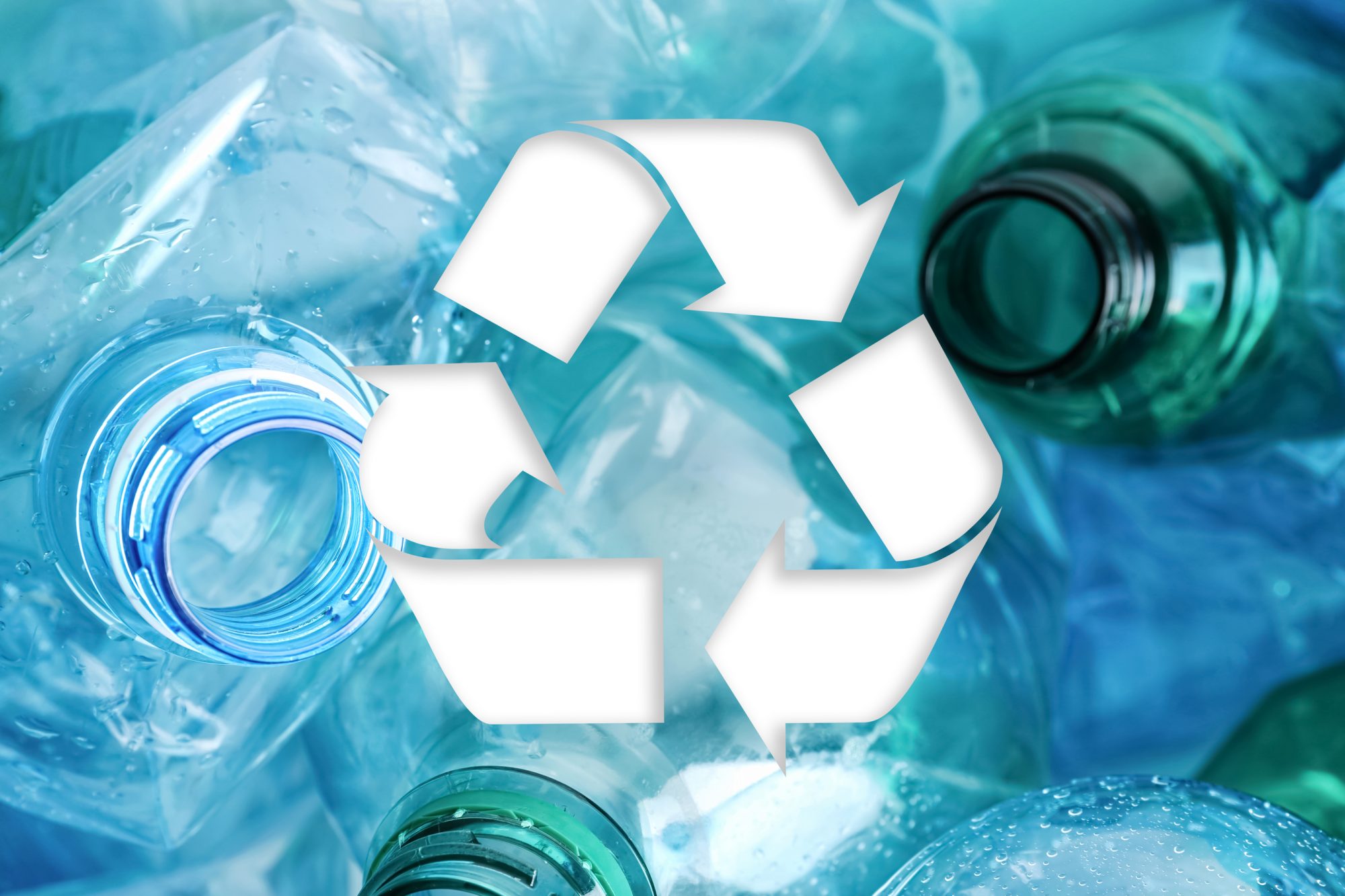Plastics trying to recycle is an essential part of eco friendly waste materials management, but it’s often confusing. Here’s an intensive guide to help you understanding all you need to know about plastic recycling.
1. Kinds of Plastic materials:
Not every plastic materials are created equal. They may be sorted into different types depending on their substance cosmetics and recycling attributes. The seven main varieties of plastics are Animal (polyethylene terephthalate), HDPE (great-denseness polyethylene), PVC (polyvinyl chloride), LDPE (lower-denseness polyethylene), PP (polypropylene), Playstation (polystyrene), yet others (such as polycarbonate and acrylic). Every type demands distinct recycling processes.
2. Recycling Procedure:
Plastic materials recycling typically involves many steps. First, obtained plastic materials are categorized based upon their resin type. Then, they experience cleansing to eliminate contaminants like dirt and tags. Up coming, they can be shredded into little sections and melted right down to type pellets or flakes. These pellets could then be employed to make new plastic-type goods.
3. Obstacles:
Despite its relevance, plastics recycling faces a variety of problems. Pollution, due to mixing several types of plastic materials or which include non-recyclable components, hampers the method. Moreover, substandard system and insufficient consumer awareness play a role in very low trying to recycle prices.
4. Environment Affect:
Trying to recycle plastic materials conserves energy and reduces the requirement for natural resources, therefore lowering green house gasoline emissions and conserving normal resources. It also helps mitigate toxins by diverting plastic materials from trash dumps and oceans.
5. Incredible importance of Consumer Engagement:
Consumers enjoy an important role in plastic materials trying to recycle. Suitable disposal of plastic-type material squander, including separating recyclables from non-recyclables, assures the potency of recycling programs. Deciding on products with minimal packing and picking reusable alternate options more encourages sustainability.
6. Inventions in Trying to recycle:
Improvements in modern technology still boost plastics trying to recycle. Inventions like chemical trying to recycle, which stops working plastic materials into their molecular factors for reuse, provide guaranteeing strategies to enhance recycling productivity and handle plastic-type pollution.
7. Global Campaigns:
Authorities, enterprises, and companies throughout the world are employing campaigns to address the plastic squander crisis. Such as regulations to promote recycling, expenditure in recycling structure, and public recognition activities to inspire accountable intake and convenience practices.
In conclusion, plastic materials recycling is an important part of lasting waste managing, giving numerous environment advantages. By knowing the trying to recycle approach, addressing its problems, and actively taking part in trying to recycle endeavours, folks can give rise to a cleaner and much healthier world.
